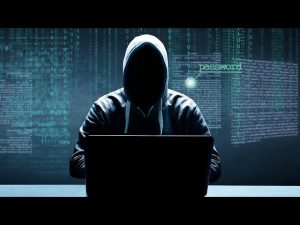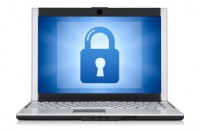 Protecting yourself from hackers involves several measures to secure your online presence and personal information. Here are some important steps you can take:
Protecting yourself from hackers involves several measures to secure your online presence and personal information. Here are some important steps you can take:
-
Use strong and unique passwords: Create strong passwords for all your online accounts, using a combination of letters (uppercase and lowercase), numbers, and special characters. Avoid using common words or personal information. Additionally, use a different password for each account to prevent hackers from gaining access to multiple accounts if one password is compromised.
-
Enable two-factor authentication (2FA): Activate 2FA whenever possible for your online accounts. This adds an extra layer of security by requiring a second form of verification, such as a code sent to your phone, in addition to your password.
-
Keep software up to date: Regularly update your operating system, web browsers, and other software on your devices. These updates often contain security patches that address known vulnerabilities that hackers could exploit.
-
Be cautious with emails and attachments: Be skeptical of emails from unknown senders or suspicious-looking emails even from known sources. Avoid clicking on links or downloading attachments from suspicious emails, as they can contain malware or phishing attempts. Verify the legitimacy of the email and sender before taking any action.
-
Use reputable security software: Install and regularly update reliable antivirus and anti-malware software on your devices. These tools can help detect and remove malicious software that could compromise your security.
-
Secure your Wi-Fi network: Change the default password on your Wi-Fi router and use a strong, unique password. Enable network encryption (such as WPA2 or WPA3) to secure your wireless communications. Also, consider hiding your Wi-Fi network’s name (SSID) to make it less visible to potential hackers.
-
Be cautious with public Wi-Fi: Avoid using public Wi-Fi networks for sensitive activities like online banking or accessing personal accounts. If you must use public Wi-Fi, consider using a virtual private network (VPN) to encrypt your internet connection and protect your data.
-
Regularly back up your data: Create regular backups of your important files and data. This way, if you fall victim to a hacker or other data loss event, you can restore your information from a secure backup.
-
Be mindful of social engineering attacks: Hackers may attempt to trick you into revealing personal information or passwords through phone calls, text messages, or online interactions. Be cautious about sharing sensitive information and verify the identity of the person or organization before providing any personal details.
-
Educate yourself about cybersecurity: Stay informed about the latest security threats, hacking techniques, and best practices for online safety. By understanding common tactics used by hackers, you can better protect yourself from potential attacks.
Remember, while these measures can significantly enhance your security, it’s important to remain vigilant and proactive in protecting your personal information online.







